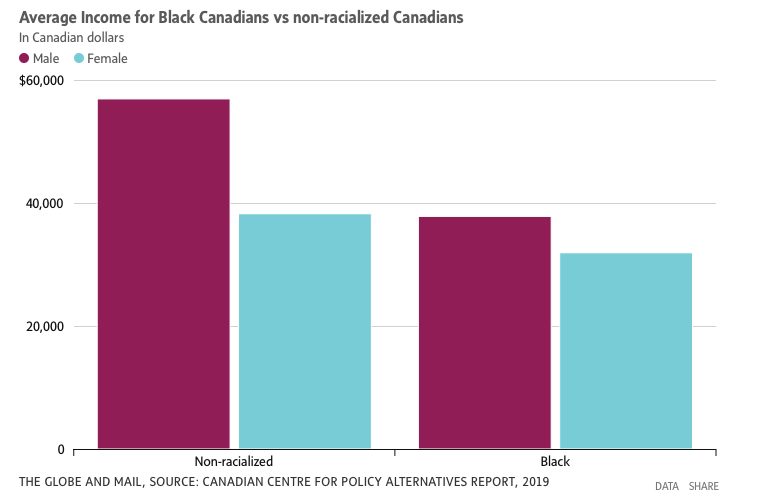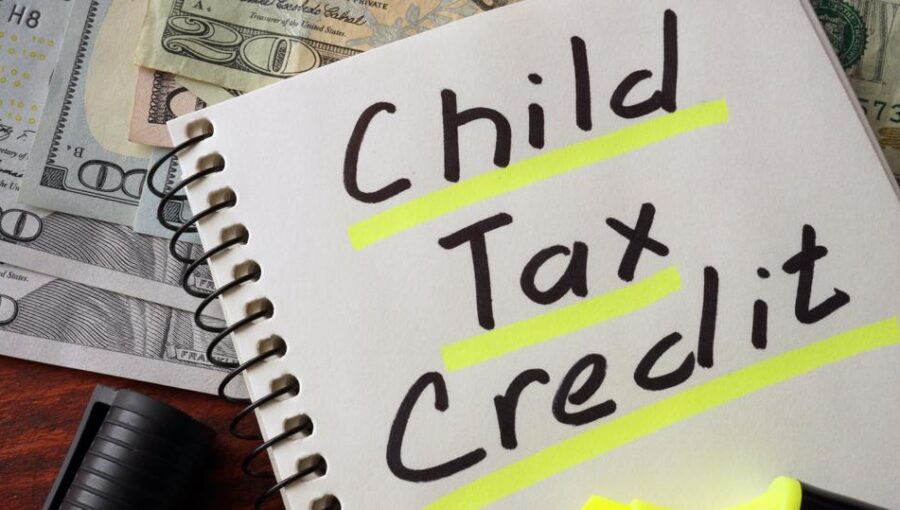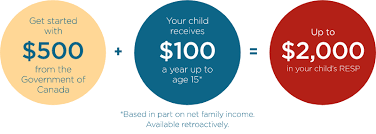Nominations are now open for the 2024 Impact Student and Teacher Awards, set to be presented at our annual gala. This year, we will honor one outstanding student making a positive impact in the community and one phenomenal teacher significantly influencing students’ lives. Winners will receive a beautiful crystal award at the gala. Submit your nominations by August 30th, 2024, at 5:00 PM.
Financial Literacy
Financial literacy in the Black community is crucial for the economic prosperity of Black families across Canada. According to a 2015 report released by the Canadian Center for Policy Alternatives, 60 percent of Black Canadians fell into the bottom half of the national distribution of economic family incomes, compared to 47 per cent of non-racialized Canadians. The 2015 study also exposed further data on members of racialized communities in relation to financial literacy and economic freedom.

Did you know?
30.8%
11.9%
Racialized Canadian investors earned an average of $7,774 in investment income, compared to $11,428 for non-racialized Canadian investors.
Black Wealth Gap in Canada

The importance of financial literacy
Intersection of socio-economic status and Race

Generational Wealth is built with Knowledge

- Education in one generation leads to knowledge in the next.
- Being financially aware strengthens economic security
- Financial literacy gives you the ability to clearly articulate your financial expectations.
Financial Literacy 101
Tax Free Savings Account (TFSA)
A tax-free savings account is an account available in Canada that provides tax benefits for saving. Investment income, including capital gains and dividends, earned in a TFSA is not taxed in most cases, even when withdrawn
Who can open a TSFA?
- Any individual that is a resident of Canada who has a valid SIN and who is 18 years of age or older is eligible to open a TFSA.
The TFSA contribution room is the total amount of all of the following:
- the TFSA dollar limit of the current year
- any unused TFSA contribution room from previous years
- any withdrawals made from the TFSA in the previous year
To learn more about your TFSA click here
Emergency Fund
An emergency fund, also known as contingency fund, is a personal budget set aside as a financial safety net for future mishaps or unexpected expenses.
|
Emergency Funds are NOT for:
|
Emergency Funds are for:
|
Watch this short clip to find out more!

Registered Retirement Savings Plan (RRSP)
A registered retirement savings plan, or retirement savings plan, is a type of financial account in Canada for holding savings and investment assets. RRSPs have various tax advantages compared to investing outside of tax-preferred accounts.
- Contributions to your RRSP reduce your income tax
- Your savings grow tax free!
- The amount you can contribute is determined by the “earned income” you report on your tax return.
- If you do not make your maximum annual RRSP contribution, any unused portion is automatically brought forward, so you can use it in any future year(s).

Child Tax Fund
The Canada child benefit (CCB) is administered by the Canada Revenue Agency (CRA). It is a tax-free monthly payment made to eligible families to help with the cost of raising children under 18 years of age. The CCB may include the child disability benefit and any related provincial and territorial programs.
Who can apply? Find out here

Canada Learning Bond
The Canada Learning Bond (CLB) is a $500 – $2,000 per person benefit that the Canadian Government adds to an RESP to help pay for full-time or part-time post-secondary education.
Eligibility for the Canada Learning Bond
Parents
Must be a Canadian resident
Must have a child, or children, born on or after January 1, 2004
Must have a household income of less than $49,021
More than three kids? Check here for more details
Must have a valid Social Insurance Number (SIN) for yourself and your child
Young Adults
Must be a Canadian resident
Must be turning 18 on or after January 1, 2022
Parents must have a household income of less than $49,021
Must have a valid Social Insurance Number (SIN)
Learn more about this benefit here
Resources
Tax Free Clinics Across Canada
Alberta: Salvation Army
Alberta: CPA Tax Clinic
Niagara Falls: CVITP Tax Clinic
Niagara Falls: The Alzheimer Society of Niagara
British Columbia: Kiwassa
British Columbia: NVLC
Saskatchewan
New Brunswick
Quebec
Ontario
Financial Literacy Workshops
Latest Events
Past Events

Unlock Your Business Potential with These Exciting Grants and Funding Opportunities
Discover a range of grants and funding opportunities designed to support small businesses, student work placements, innovative projects, and community initiatives. From TELUS’s Stand with Owners campaign to ICTC’s WIL Digital program, Grand Challenges Canada, Ontario Creates IDM Fund, and the National Anti-Racism Fund, find the resources you need to succeed and make a positive impact.

Nominations Open for 2024 Impact Student and Teacher Awards at the Gala
Nominations are now open for the 2024 Impact Student and Teacher Awards, set to be presented at our annual gala. This year, we will honor one outstanding student making a positive impact in the community and one phenomenal teacher significantly influencing students’ lives. Winners will receive a beautiful crystal award at the gala. Submit your nominations by August 30th, 2024, at 5:00 PM.

The Federation of Black Canadians Unveils Key Findings from “Resilience Throughout COVID-19” Project
Toronto, ON, July 3, 2024 — The Federation of Black Canadians announces the results of the ‘Resilience Throughout COVID-19’ project by the University of Toronto. This study highlights the disproportionate impact of COVID-19 on Black communities in Canada, revealing high infection severity, stigma, and long recovery times. Key findings emphasize the need for culturally relevant health education and stronger community partnerships to address systemic issues and promote equitable health outcomes.

